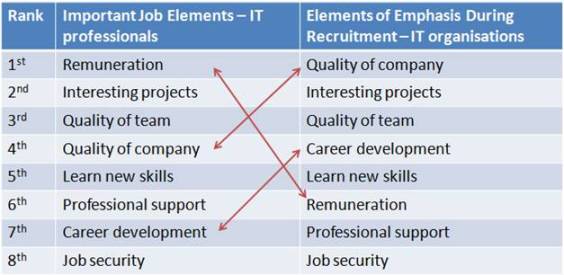Firms lust after slippery contractors

According to a report released today, skills shortages in highly technical roles mean that employers are much more keen to "poach" contractors and place them onto the company payroll instead of continuing to hire them on a temporary basis.
This desire comes from a wish to lock in secure skills, according to workforce advisory firm Chandler Macleod, which published the report.
"In some areas we are starting to see significant wage increases to lure unique talent. By initially offering inflated salaries to those with high demand skills, employers are trying to secure specialised staff on a permanent basis," said Chandler Macleod's recruitment executive Peter Gleeson.
However, there is a gap between the expectations of companies and their hires. While 77 per cent of candidates are expecting more monetary incentives and income increases, only 14 per cent of surveyed employers are willing to match this.
"Unfortunately, there is a gap forming between candidates' views and those of employers. In fact, remuneration ranked as the most important consideration for candidates when choosing a new role, while it only ranked sixth on the comparative list for employers," said Gleeson.

Differing expectations (Credit: Chandler Macleod)
In fact, the report by the workforce advisory company actually highlighted a "genuine shift" from permanent to contract roles in the IT industry, despite employers' desires to snag workers onto their payrolls.
"What's particularly interesting about this sector is the appetite for contract work. Our staff have observed the number of candidates seeking contract roles increasing, even as high as an 80/20 split over permanent employees, as they look to maximise their earning capacity and remain attractive talent prospects," said Gleeson.
The report also included a list of reasons for why IT professionals left their jobs, highlighting a disconnect between why employees left and why companies thought they left.
(Credit: Chandler Macleod)